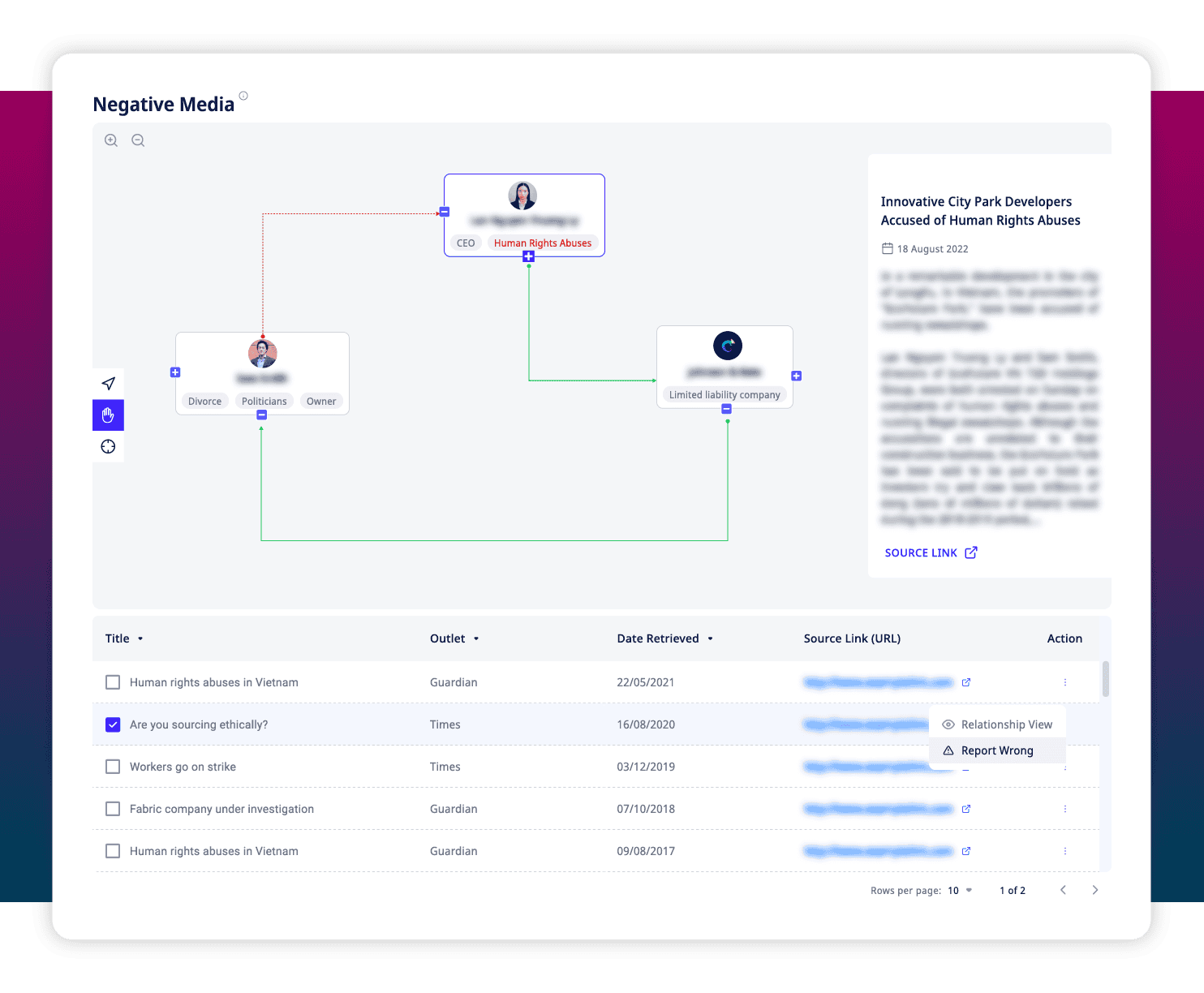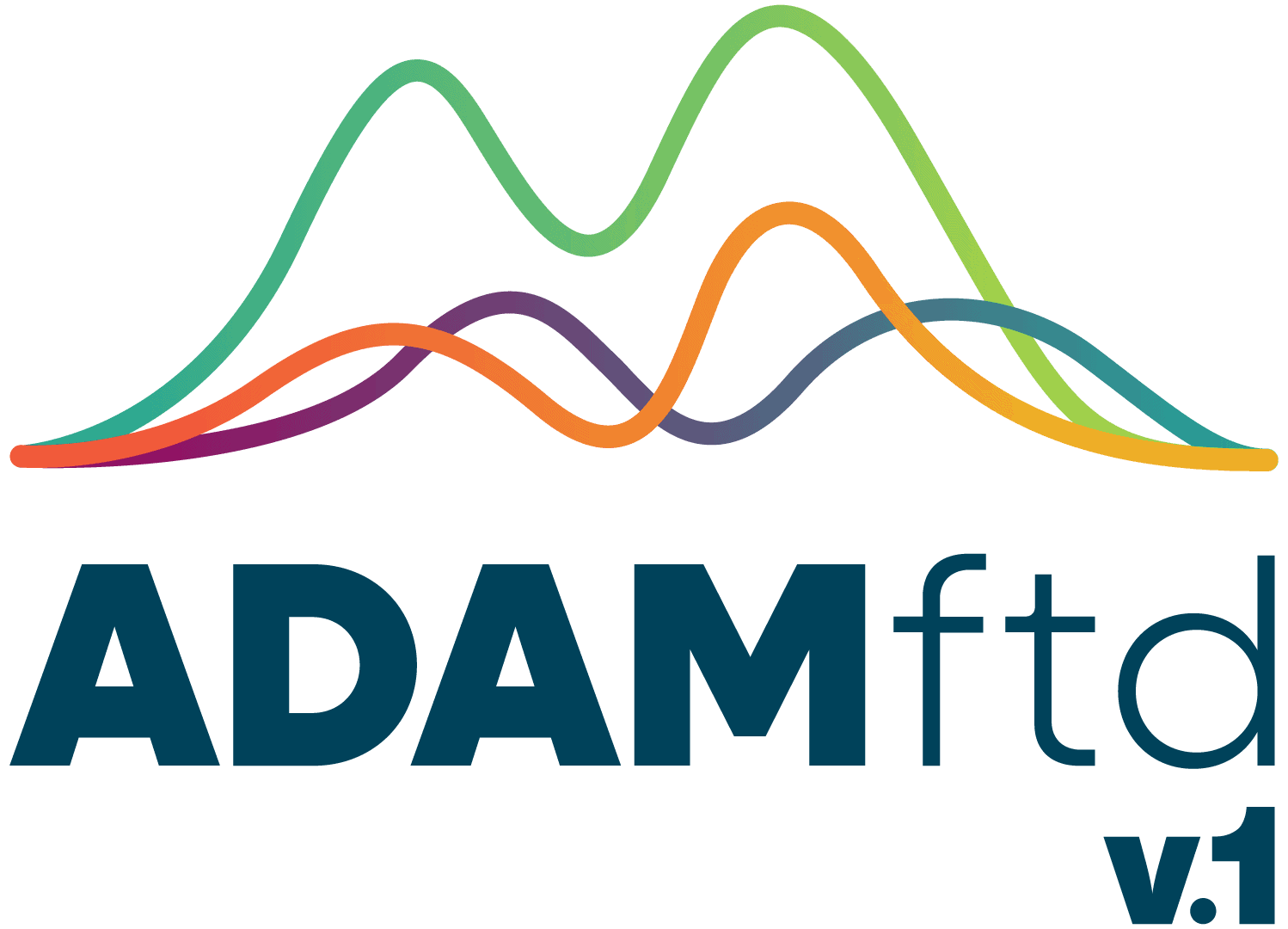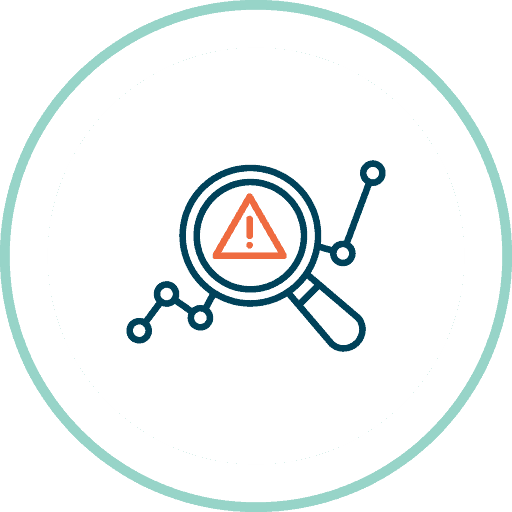ADAMftd Accelerates Business for Customs Bureaus
By integrating ADAMftd into their operations, customs bureaus can enhance their ability to detect and prevent illegal trade practices, ensure compliance with international and local trade laws, and protect national economic interests. Our platform equips customs officials with the tools needed to stay ahead of evolving threats and maintain the integrity of global trade.
Major Features
Detect False Declarations
Prevent fraudulent activities by identifying discrepancies in trade declarations.
- Origin Verification: Verify the true country of origin of goods through detailed trade data analysis.
- Product Classification: Identify discrepancies in product classifications and descriptions.
- Declaration Matching: Match export and import declarations to uncover inconsistencies.
- Compliance Audits: Conduct audits of trade documentation to ensure accuracy and compliance.
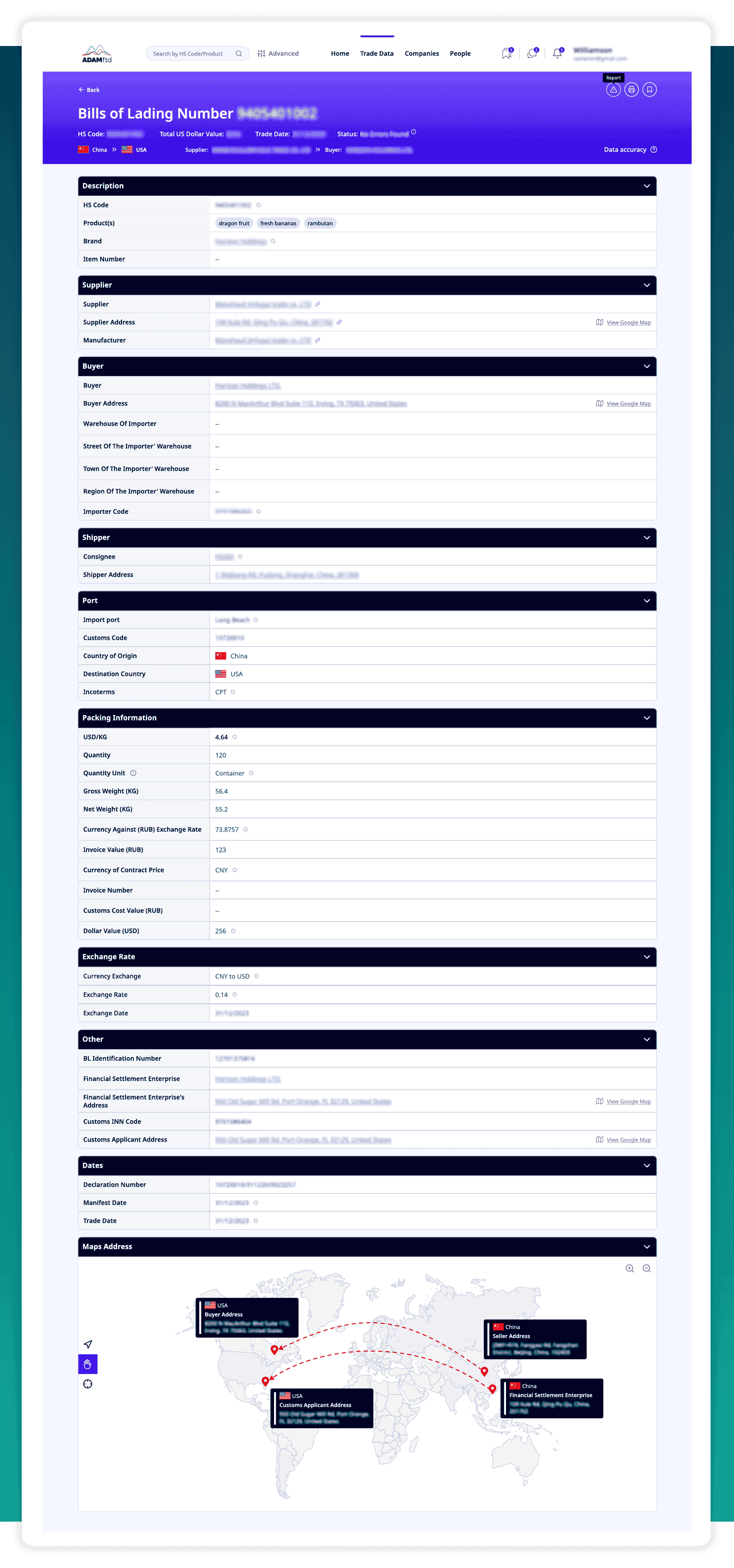
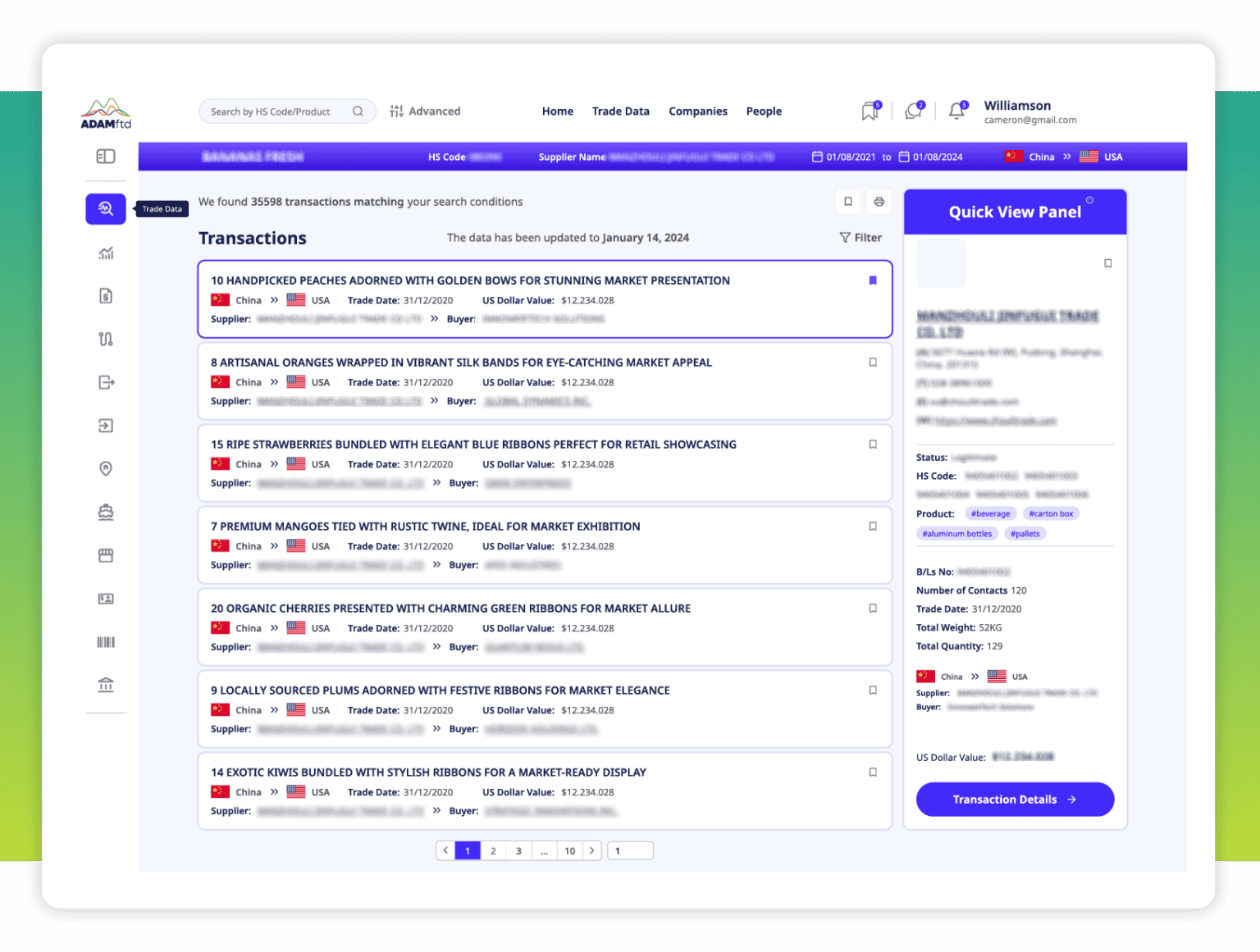
Reconcile Export Declarations
Ensure that companies’ declared exports align with their industry and known trading practices.
- Industry Analysis: Compare declared exports against typical industry outputs to spot anomalies.
- Trading Partner Verification: Validate trading partners to ensure they are not associated with sanctioned entities.
- Third-Party Screening: Screen second and third-hand trading partners for compliance risks.
- Export Patterns: Analyze export patterns to detect unusual activities that may indicate fraud.
Uncover Beneficial Owners and Hidden Relationships
Expose hidden corporate relationships and beneficial owners to enhance transparency.
- Ownership Mapping: Trace the ownership structures of trading entities to reveal hidden beneficiaries.
- Corporate Linkages: Identify connections between companies that may indicate collusion or other illicit activities.
- Relationship Networks: Map the network of relationships between companies to understand their full operational scope.
- Beneficiary Tracking: Track changes in ownership to detect attempts to obscure true ownership.
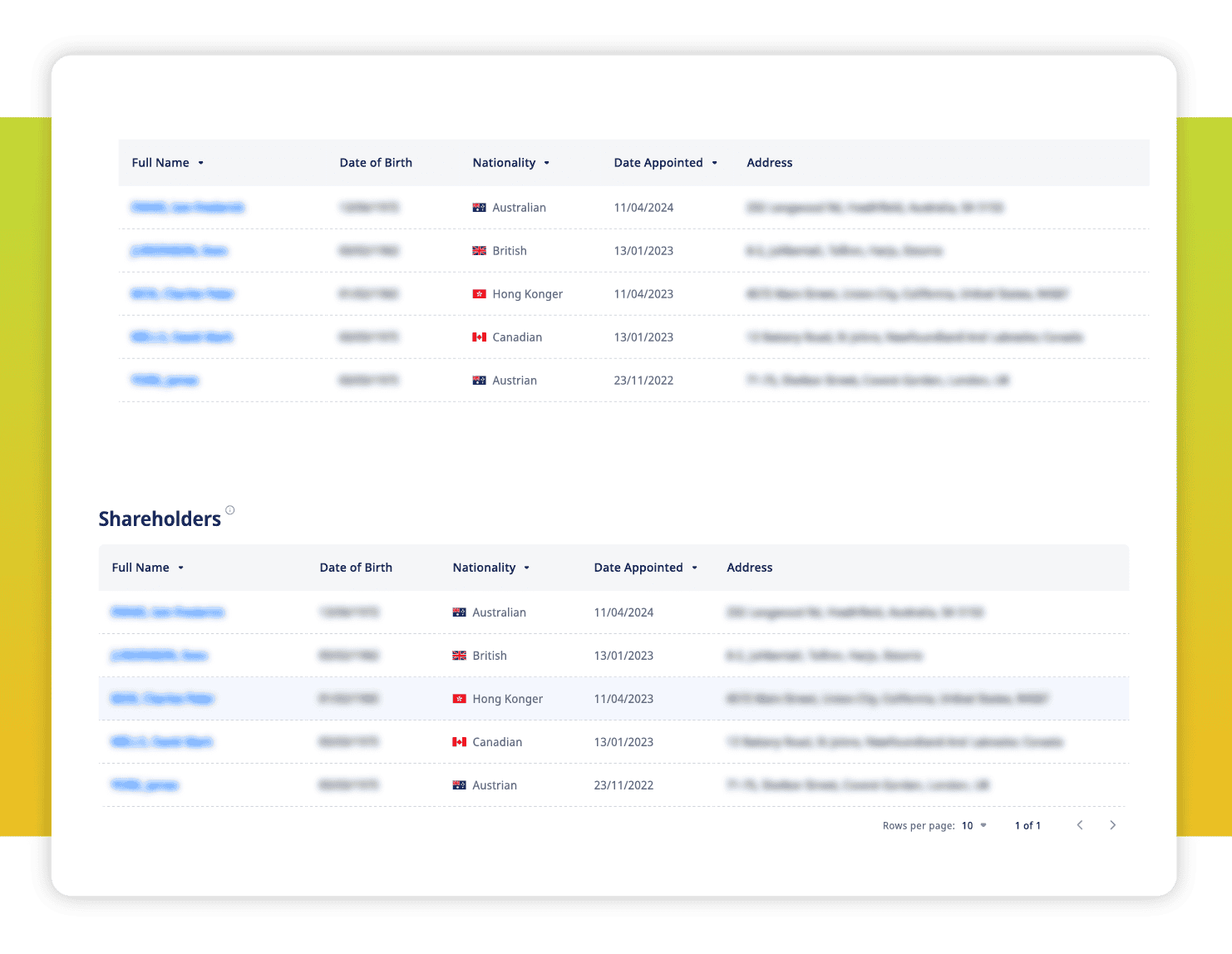
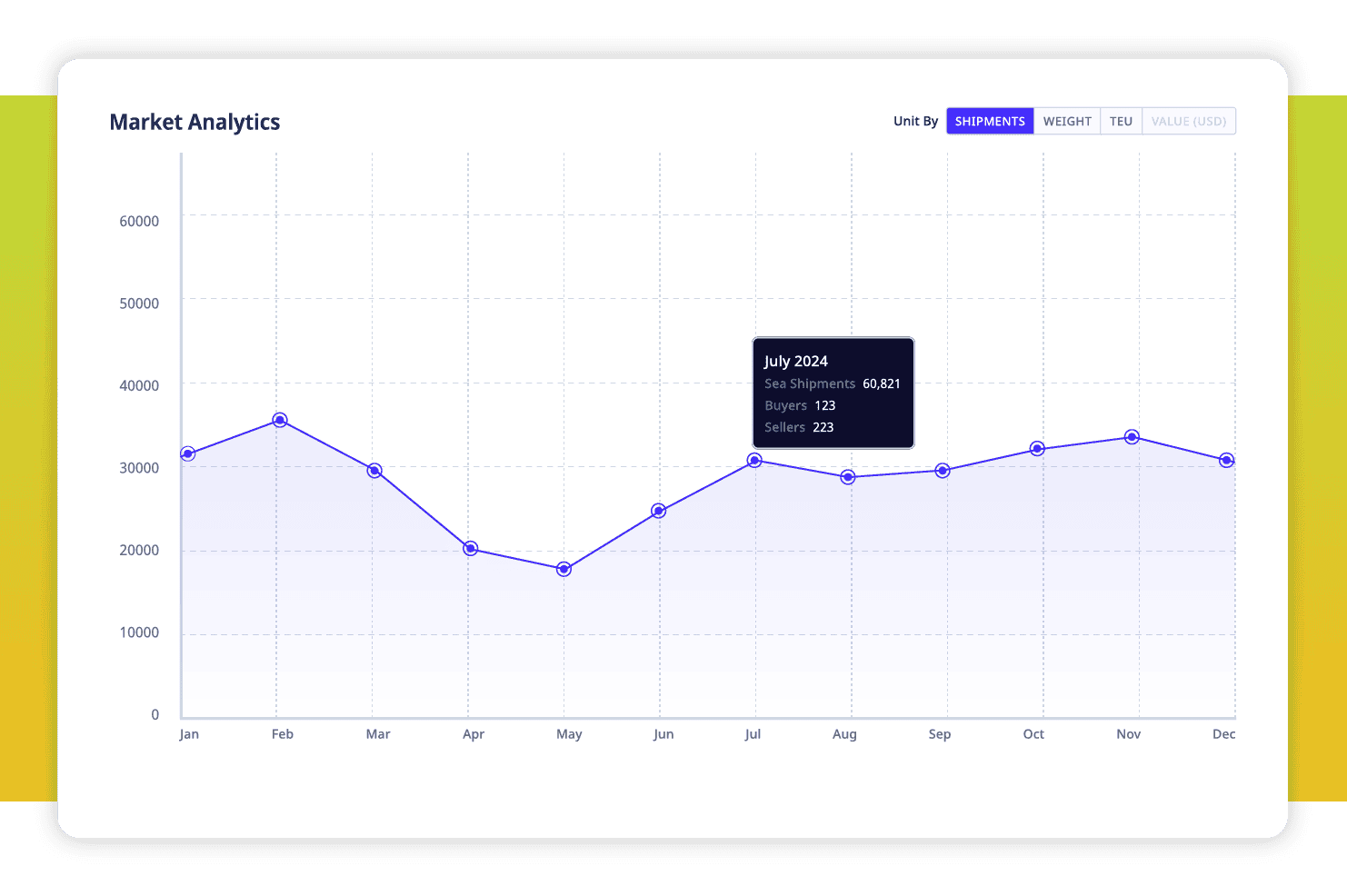
Market Price Analysis
Analyze declared prices against market prices to identify potential fraud or misrepresentation.
- Price Benchmarking: Compare declared prices against market averages to spot undervalued or overvalued declarations.
- Fraud Detection: Detect patterns of price manipulation that may indicate fraudulent activities.
- Economic Analysis: Use economic data to assess the credibility of declared trade values.
- Price Alerts: Receive alerts for significant deviations from expected market prices.
Reconcile Against Import Rules and Regulations
Ensure compliance with import regulations, certifications, and non-tariff measures.
- Regulation Matching: Match import declarations against the country’s specific rules and regulations.
- Certification Verification: Verify that imported goods meet required certifications and standards.
- Non-Tariff Remedies: Identify non-tariff barriers that may affect the legality of imported goods.
- Compliance Checks: Perform comprehensive checks to ensure all imports comply with local and international laws.
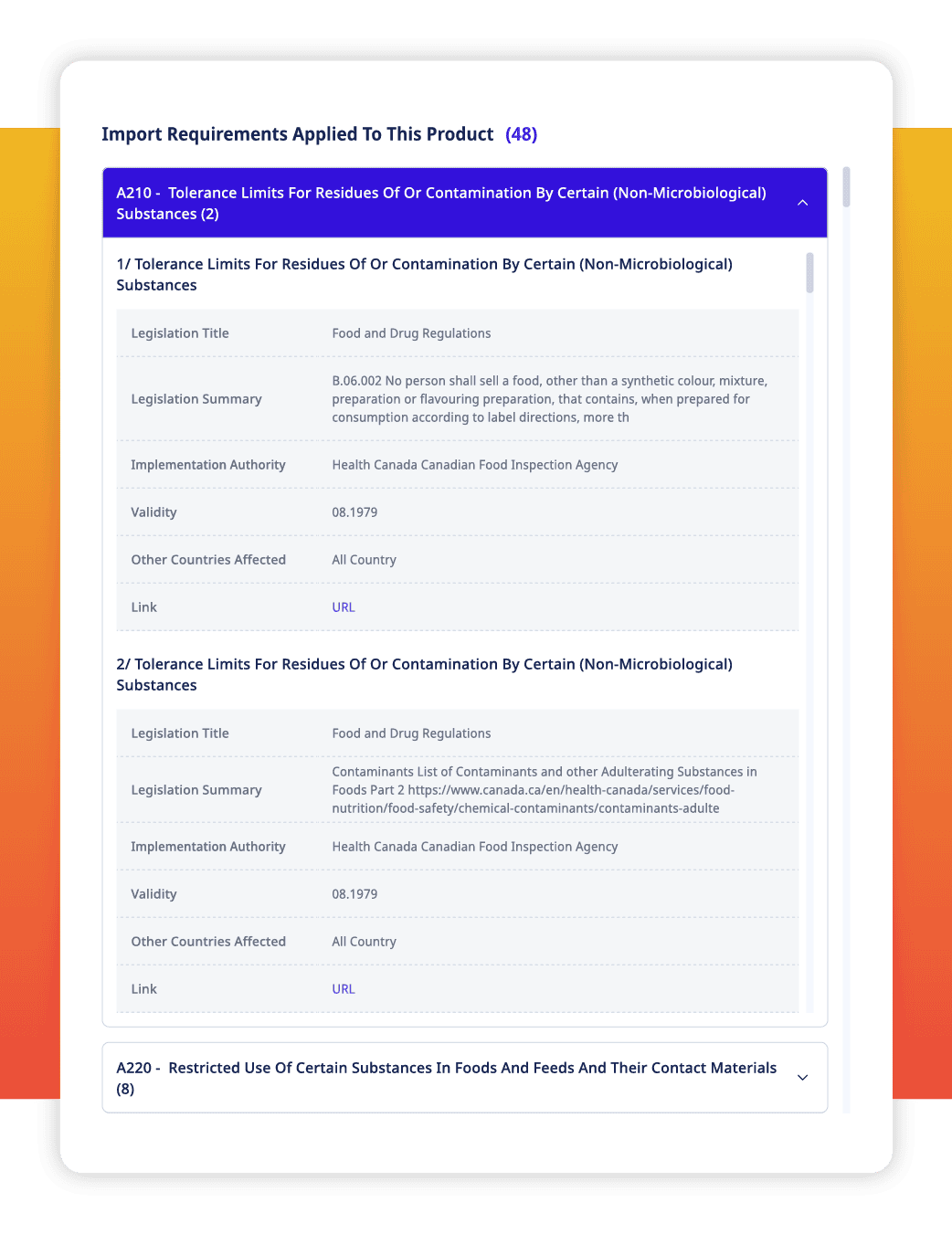
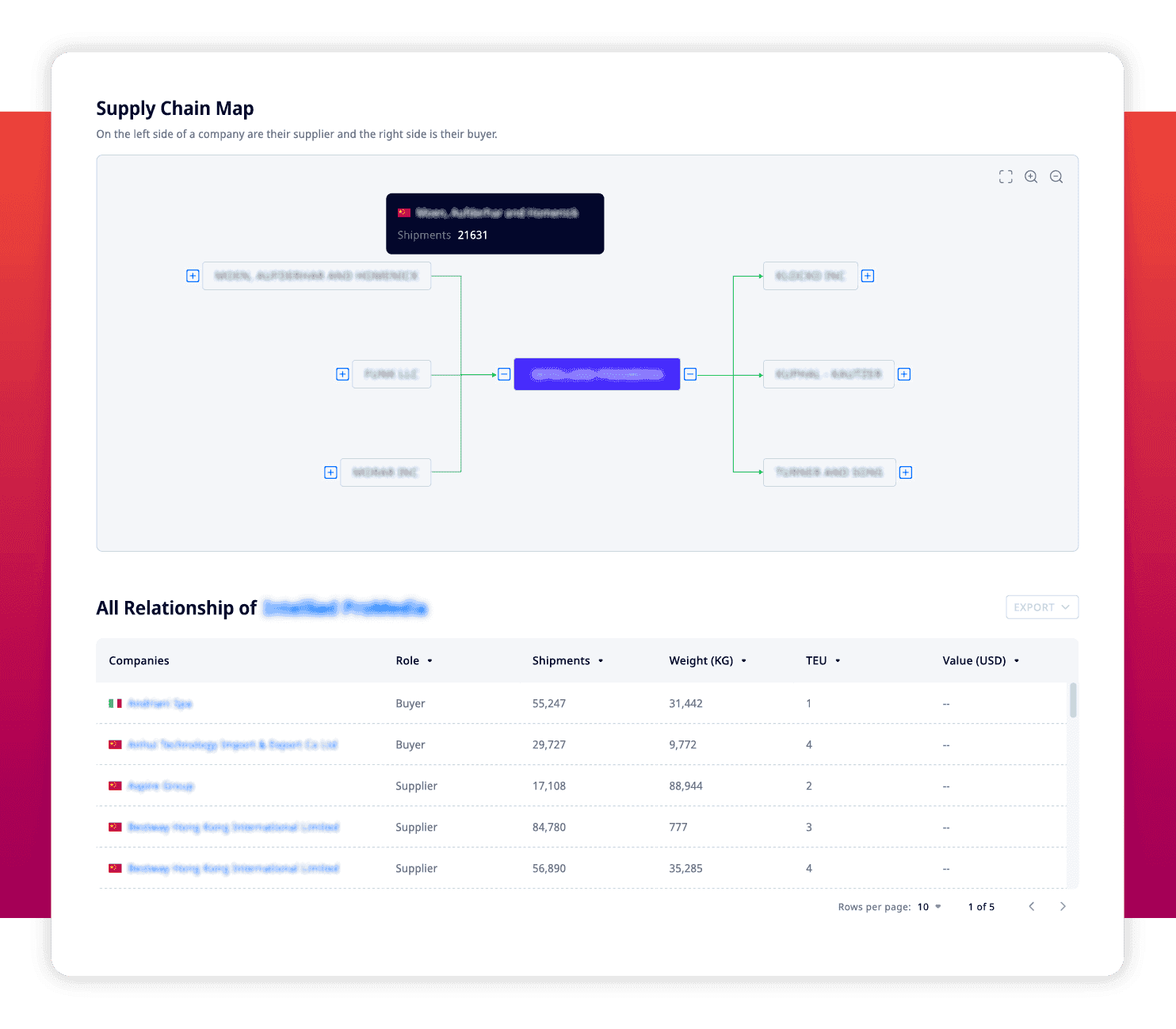
Mapping Supply Chains – Feature Coming Soon!
Trace the journey of goods from origin to destination, ensuring transparency and compliance.
- Supply Chain Mapping: Visualize entire supply chains to identify potential compliance risks.
- Origin and Destination Tracking: Track the true origin and final destination of goods to prevent illegal diversions.
- Risk Analysis: Analyze supply chains for exposure to sanctioned entities, conflict minerals, and human rights abuses.
- Compliance Assurance: Ensure that supply chains meet all regulatory requirements and ethical standards.
Negative Media Monitoring
Uncover issues and related entities being investigated by customs agencies in domestic and foreign markets through comprehensive negative media monitoring.
- Media Analysis: Monitor global media sources to detect negative coverage related to target companies and entities under investigation by customs agencies.
- Real-Time Alerts: Receive immediate notifications on adverse media mentions involving entities in both domestic and foreign markets, enabling swift action and investigation.
- Risk Assessment: Assess the impact of negative media coverage on the entities being investigated, helping customs agencies to understand the breadth and depth of potential issues.
- Comprehensive Reporting: Generate detailed reports on media coverage, providing insights into the entities and their associations, which supports thorough investigations and informed decision-making.
